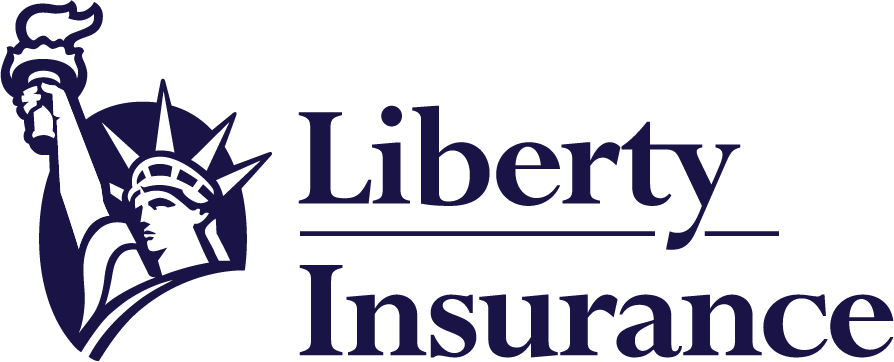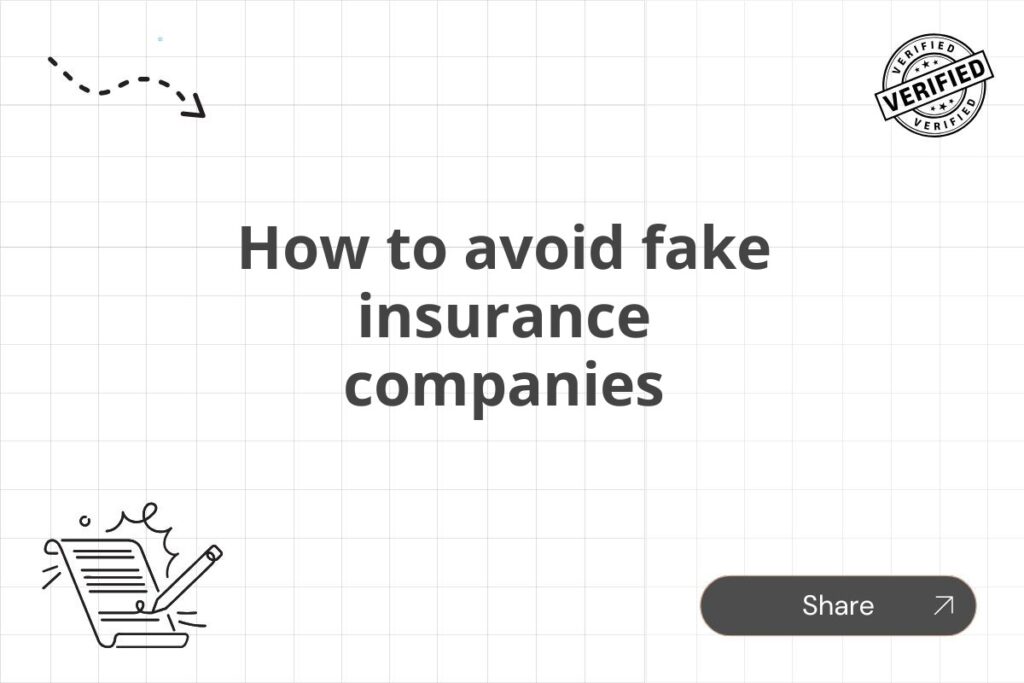Meta Description: Protect yourself from fraudulent insurance schemes! Learn how to identify fake insurance companies and avoid costly scams. This comprehensive guide provides crucial tips and resources to ensure your financial security.
The insurance industry, while vital for protecting individuals and businesses, unfortunately attracts fraudulent operators. Falling victim to a fake insurance company can lead to significant financial losses, emotional distress, and legal complications. Understanding how to identify and avoid these deceptive entities is crucial for safeguarding your financial well-being. This comprehensive guide provides practical steps to help you navigate the insurance landscape safely and confidently.
The rise of sophisticated scams necessitates a proactive approach. Simply trusting a flashy website or a charming salesperson isn’t enough. You need to conduct thorough due diligence before committing to any insurance policy. This involves verifying the company’s legitimacy, understanding the policy details, and being aware of common red flags.
How to Identify Fake Insurance Companies: A Step-by-Step Guide
Identifying a fake insurance company requires a multi-faceted approach. Don’t rush the process; your financial security is worth the extra time and effort.
1. Verify the Company’s Licensing and Registration:
This is the most crucial step. Every legitimate insurance company must be licensed and registered with the relevant regulatory authorities in your jurisdiction. These authorities vary depending on your location (e.g., state insurance department in the US, the Financial Conduct Authority (FCA) in the UK).
Check the official website of your state/country’s insurance regulatory body. These websites usually have databases allowing you to search for licensed insurers by name. Verify the company’s name, address, and license number precisely as stated on their materials.
Look for inconsistencies. If the information provided by the company doesn’t match the regulatory database, it’s a significant red flag. Contact the regulatory body directly to confirm the company’s status.
Beware of unregistered companies offering unusually low premiums. This is a classic tactic used by fraudulent operators to lure unsuspecting victims.
2. Investigate the Company’s Online Presence:
A thorough online investigation can reveal valuable insights into the legitimacy of an insurance company. However, remember that scammers are becoming increasingly sophisticated in creating convincing websites.
Check for a professional and well-maintained website. A poorly designed website with grammatical errors, broken links, and outdated information is a warning sign.
Look for customer reviews and testimonials. While fake reviews exist, genuine negative reviews can indicate potential problems. Check multiple review platforms to get a broader perspective.
Search for news articles and press releases about the company. Positive press can build trust, while negative news might reveal past issues or legal troubles.
Verify the company’s contact information. Try to contact the company through different channels (phone, email, mail) to verify their responsiveness and the consistency of their contact information.
3. Scrutinize the Insurance Policy Documents:
Don’t be afraid to ask questions and thoroughly review the policy documents before signing anything. A fake insurance company will often make it difficult to access or understand the policy terms.
Read the policy carefully. Understand the coverage, exclusions, premiums, and payment methods. Don’t hesitate to ask for clarification on any unclear aspects.
Beware of vague or ambiguous language. Legitimate insurance policies use clear and concise language. Vague wording is often a sign of deception.
Check for hidden fees or charges. Make sure all costs are clearly outlined in the policy documents.
Verify the legitimacy of any insurance agents involved. Independent insurance agents should be licensed and registered, just like the companies they represent.
4. Be Wary of High-Pressure Sales Tactics:
Legitimate insurance companies prioritize building trust and providing informed advice. High-pressure sales tactics are often a hallmark of fraudulent operators.
Don’t feel pressured to make an immediate decision. Take your time to research and compare different options.
Be suspicious of companies that offer unrealistic benefits or guarantees. If something seems too good to be true, it probably is.
Beware of unsolicited offers or phone calls. Legitimate insurers rarely cold-call prospective clients.
Never provide personal or financial information over the phone or email unless you have independently verified the legitimacy of the request.
5. Utilize Reputable Resources:
Several reputable resources can help you verify the legitimacy of an insurance company and avoid scams.
Your state/country’s insurance regulatory body. This is the most reliable source for information about licensed insurance companies.
Consumer protection agencies. These agencies often have databases of consumer complaints and warnings about fraudulent businesses.
Independent insurance brokers. Experienced brokers can help you compare policies from various legitimate insurers.
Online insurance comparison websites. While not all websites are trustworthy, reputable comparison sites can help you find legitimate insurers.
Consequences of Dealing with Fake Insurance Companies
The consequences of dealing with a fake insurance company can be severe and far-reaching. These can include:
Financial losses: You may lose the premiums you paid, and you won’t have any coverage in the event of a claim.
Legal complications: You may face legal action if the fake company is involved in fraudulent activities.
Emotional distress: The stress and anxiety of dealing with a fraudulent company can be significant.
Damage to credit rating: Unpaid insurance premiums can negatively affect your credit score.
In conclusion, protecting yourself from fake insurance companies requires vigilance, research, and a healthy dose of skepticism. By following these steps, you can significantly reduce your risk of becoming a victim of insurance fraud and ensure your financial security. Remember, your due diligence is the best defense against deceptive practices in the insurance industry.






















